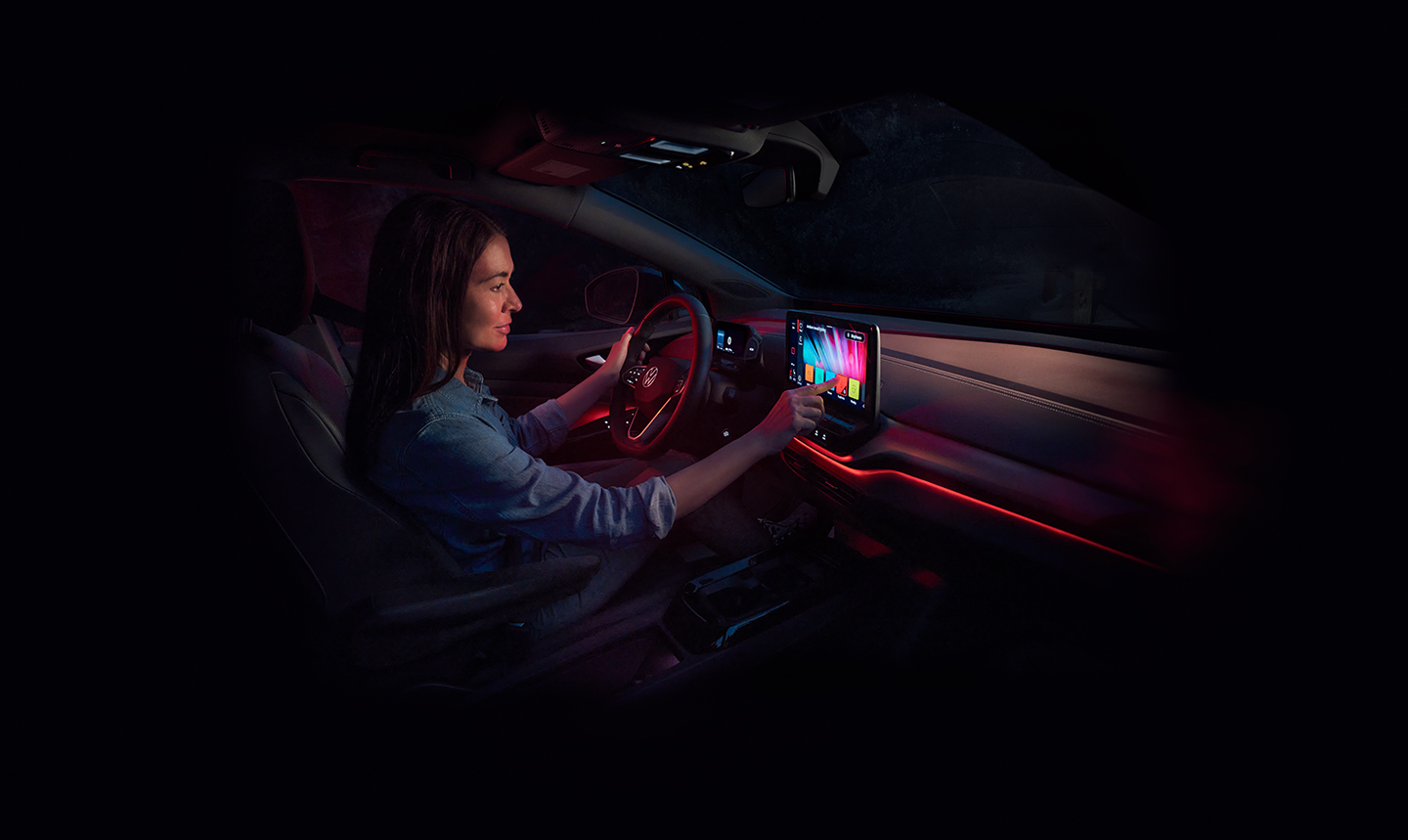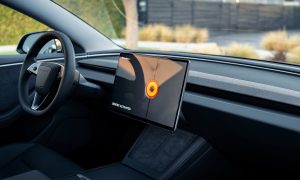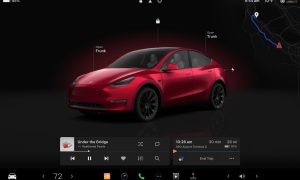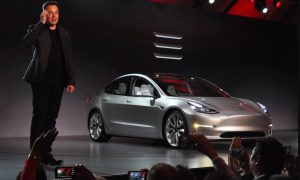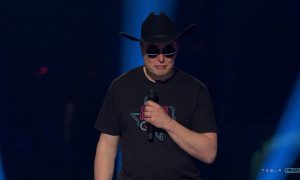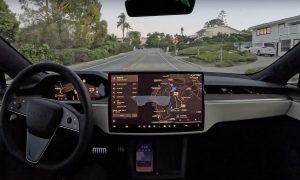Tesla is not yet producing electric vehicles at Gigafactory Berlin, but the EV maker’s presence is already being felt in Germany’s auto sector. According to sociologist Andreas Boes, director of the Munich Institute for Social Science Research (ISF), Tesla has practically become the “elephant in the room” during interviews with managers and experts from Germany’s auto industry.
The sociologist looked into Tesla’s effects on the country’s auto industry on behalf of IG Metall, one of Germany’s most notable unions. During the Hannover Messe, Boes noted that the auto industry as the world knows it today would likely not exist in ten years due to changes being brought upon the segment. And Tesla, with its all-electric cars and unorthodox approach to car-making, is serving as the harbinger of change in the country’s auto sector.
This change is already being embraced by some notable automakers, among them Volkswagen. Led by executives such as Herbert Diess, who has seen direct support from Tesla CEO Elon Musk, Volkswagen has dedicated a good part of its resources to its shift towards electromobility. As per a report from Welt, Diess regularly uses the competition from Tesla to put pressure on Volkswagen’s employees, and to help push the massive, legacy automaker towards the direction of sustainability.
This strategy, however, has not sat well with the Chairman of the Volkswagen Group Works Council. In a statement to German media, Bernd Osterloh, the Works Council Chair noted that he disagrees with Diess’ optimism about Tesla. “I think the hype is an overstatement of Tesla’s actual situation,” Osterloh said. He also remarked that when it comes to things like the chassis, Volkswagen is simply better than the American EV maker.
Osterloh also spoke about Tesla’s lead in the EV sector. “Where Tesla is ahead of us at the moment – and the Volkswagen board doesn’t like that – is their own expertise within the company. They build their own chips and make their own software. We buy all that in,” the VW Works Council exec said.
Not all of Germany’s unions have taken a rather cold stance on Tesla. Thorsten Gröger, district manager of the Lower Saxony and Saxony-Anhalt trade union, noted that it is a positive sign when a company like Tesla settles in an area like Brandenburg. “Co-determination, collectively agreed working conditions make companies more innovative and more successful. I would advise Mr. Musk to recognize that,” Gröger said.
Regardless of how Tesla is perceived among Germany’s auto veterans, the country’s shift to electric mobility has begun nonetheless. Apart from Volkswagen’s development and release of its ID line of vehicles, Daimler is also poised to present its long-awaited flagship all-electric sedan, the EQS, later this week. The vehicle, which would be priced at a premium and will likely compete with upcoming cars like the Model S Plaid and the Lucid Air, would be a key vehicle for Daimler’s immediate future. “We are at the forefront of movement with the vehicle… We are in the process of defining a segment,” Christoph Starzynski, Head of Electric Vehicle Architecture at Mercedes-Benz said.
Don’t hesitate to contact us for news tips. Just send a message to tips@teslarati.com to give us a heads up.

